In July, peak summer in Europe, Heathrow Airport introduced a 100,000 cap on daily departing passengers. The move, till September 11, was meant to limit endless queues, baggage delays and cancellations as the UK’s flagship airport struggled to cope with rising travel demands after the pandemic. Taken by surprise and forced to scrap flights, airline bosses weren’t happy.
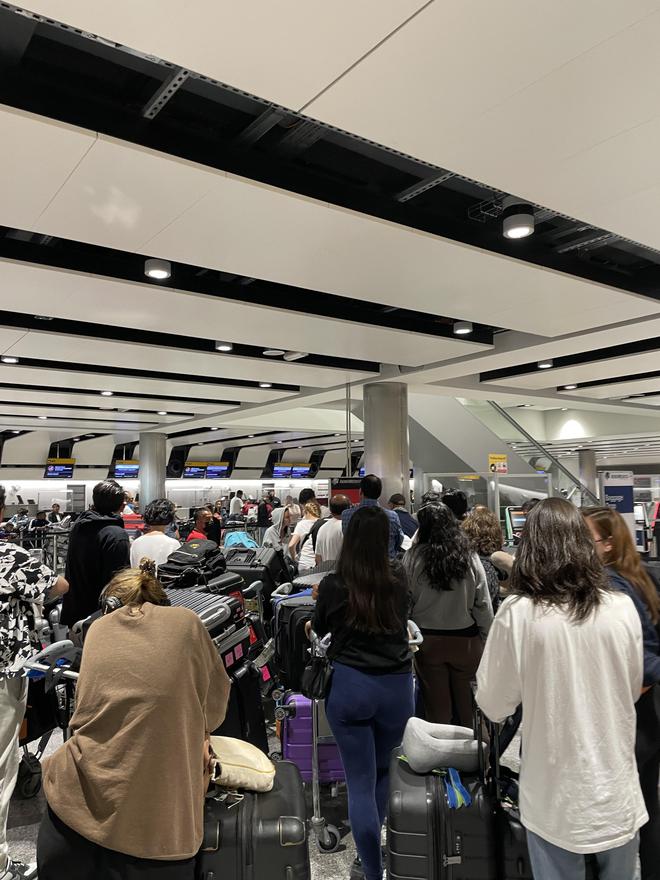
In a Financial Times report, Emirates’ president Tim Clark termed Heathrow’s demand to cancel one of its six daily A380 superjumbo flights to Dubai as “delinquent”. At the Farnborough International Airshow that month, a 30-minute train ride from London, Qatar Airways CEO, Akbar Al Baker, told Bloomberg that an advance notice of three months would have helped, as passengers usually book in March for July.
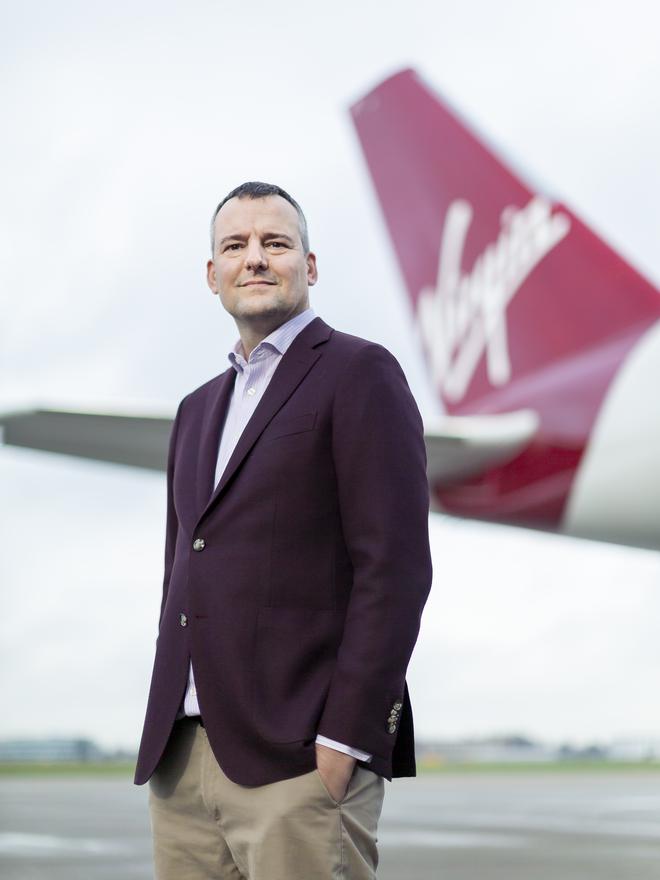
On the day London Heathrow capacity limits were imposed, I spoke with Corneel Koster, chief customer and operating officer at Virgin Atlantic (VS), as he presided over a gathering in trendy Shoreditch. He was launching the airline’s new Airbus A330-900neo offering, highly anticipated among aviation enthusiasts and part of efforts to create one of the youngest fleets in the skies. “The impact on our operation is not known yet as they [Heathrow] have presented a plan that lacks detail or depth,” he had said then, reacting to the day’s ‘breaking news’. “We want the travel experience to be better and the airport to function better. Travel is not always about pure luxury. Some people travel for pleasure but some travel on work. We want to keep our customers moving and in the best possible way.”
Inside A330neo
One big step in that direction is the addition of 16 Airbus A330-900neos to Virgin Atlantic’s fleet of 36 aircraft, the first of which is expected to take off to Boston in early October. Tickets recently went on sale (approx. £1800 for Upper Class, round trip) and there were sightings a few days ago as the aircraft was rolled out in its full livery at the Airbus factory in France’s Toulouse-Blagnac Airport. Among airlines already flying the A330neo are Delta Air Lines and French carrier, Corsair. But VS, known for its social spaces and mood lighting, has pushed the envelope with the A330neo.
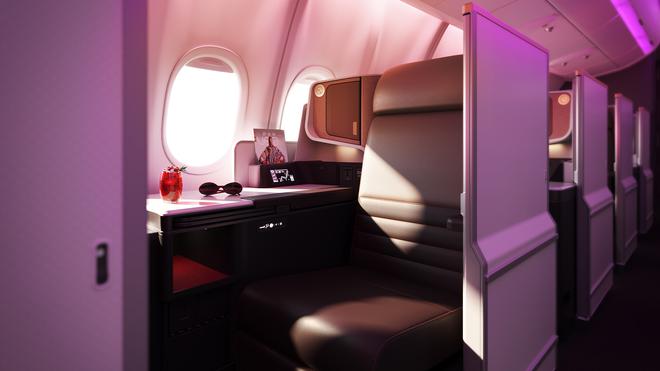
First up, it will debut a pair of private suites at the front of the Upper Class cabin. (At VS, Upper Class is a combination of First and Business class.) The Retreat Suite has seats that can transform into a six-foot, seven-inch flatbed, with a fully closing aisle privacy door and 27-inch touchscreen. With a padded ottoman that converts to additional seating, it becomes a private space for a drink or mid-air meeting with a fellow passenger. Or lower the barrier between the two Retreat suites to accommodate a celebratory meal for four.
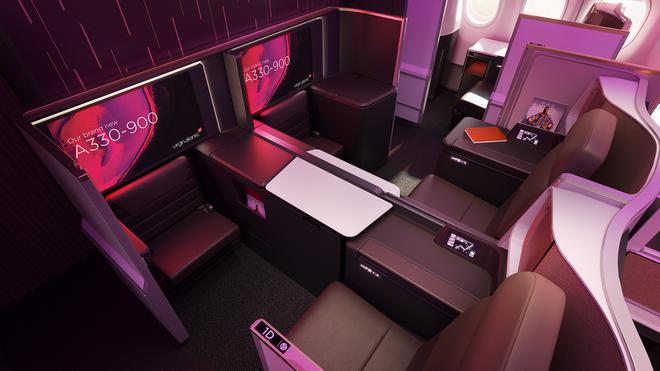
Upper Class also has the airline’s famed Loft lounge, which comes with love seats and a self-service refrigerator. All seats have Bluetooth capability but what’s new (and most welcome) is wireless charging in Premium and Upper Class. Powered by the Rolls Royce Trent 7000 engine, the new planes are designed to reduce fuel burn and carbon emissions by 11%, when compared with the A330-300s they will replace, plus there’s a 50% reduction in airport noise exposure.
Inclusivity at the workplace
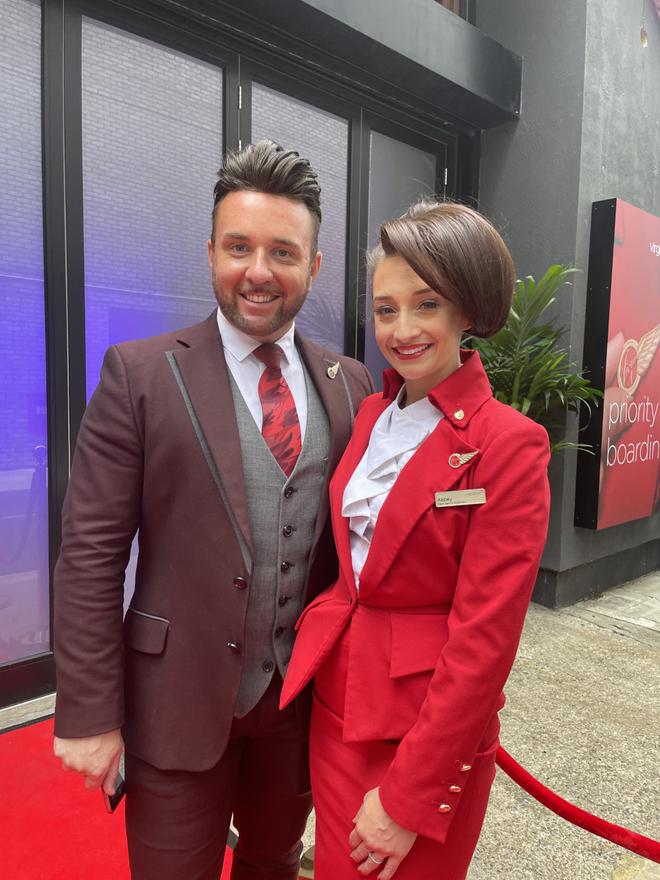
Of course, there is more to a great airline than seat architecture, as evident from chats with co-passengers on my 787-9 Dreamliner flight to London: one Virgin early years fan reminisced over the Range Rover limo rides to Heathrow and Virgin Group founder Richard Branson’s lavish parties that frequent fliers were invited to. Our pilots were a cheerful trio, one of them clocking 25 years at VS, and another, Jaspal Singh (@pilot_jas on Instagram), a Khalsa Aid volunteer who flew 200 donated oxygen concentrators to India during the pandemic. Purser Steve Holland, who joined VS a quarter of a century ago at 19 and looks not a day over 30 (see box for his tips), reminded me about the airline’s progressive stance on a flight attendant's gender, age, weight, race and sexuality. “Back then, the age limit was 19-31, now we have staff over 65 flying,” he said.

In May, VS relaxed restrictions on tattoos among its cabin crew; since 2019, make-up is not compulsory for female cabin crew during flights. Koster confirmed that staff can now show off their tattoo sleeves at work “and they can wear makeup or no makeup, whether they are female or male”. When I asked him if the workplace dress code, in line with our cultural and social shifts regarding gender identity, would allow, say, a male at birth flight attendant to wear a skirt if they wish, he was pleasantly receptive to the idea. “I haven’t been asked that yet but I think ‘yes’. What is important is that they wear it in style and within the uniform guidelines. We welcome everybody and value that individualism, both for our people and our customers. But we also respect our customers’ local culture. If there are any cultural sensitivities on certain routes, I am sure our crew would be aware of it and respect that culture.”
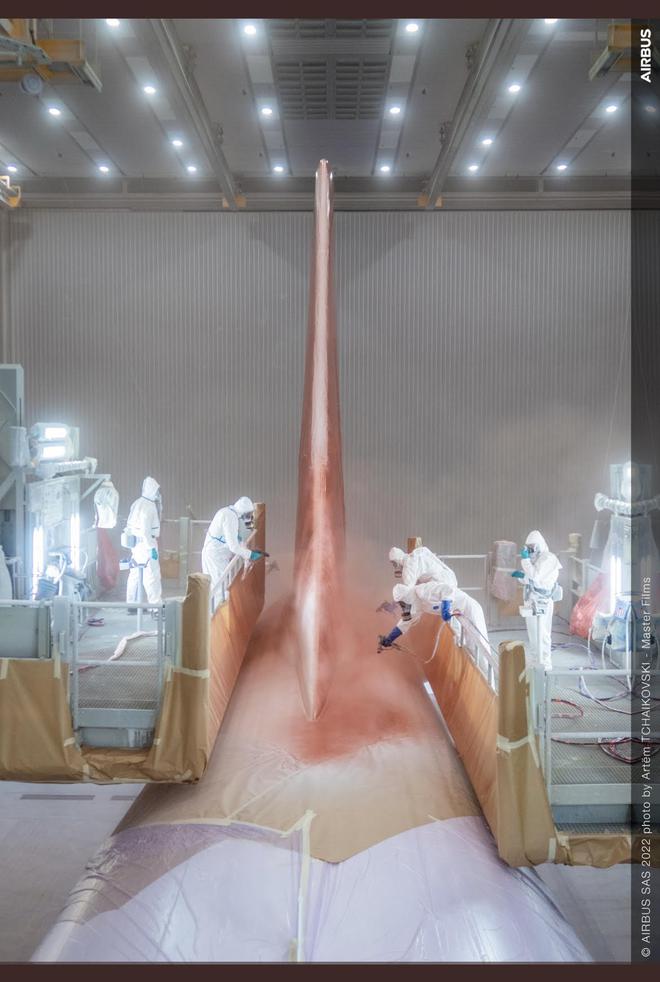
In India, Virgin Atlantic has just inked a new codeshare agreement with IndiGo, which lets them service 16 additional destinations in India, including Chennai, Bengaluru and Hyderabad. This will come as a relief to Indian passengers who favour the fun and edgy airline. Especially those planning to transit through Heathrow to get to Boston on the new A330neo.
The writer was in London at the invitation of Virgin Atlantic.







